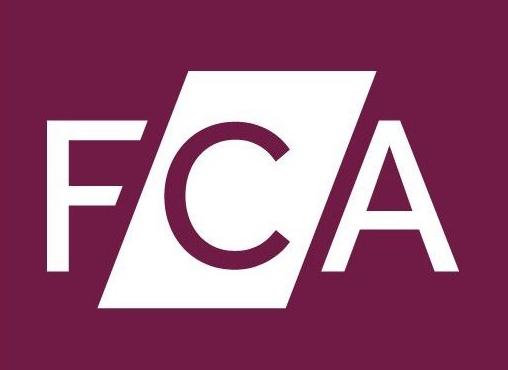
Financial firms must “do more” to protect politicians from unfair treatment, says a delayed report by the Financial Conduct Authority.
The watchdog’s review follows a row last June between populist right-wing politician (now an MP and leader of the Reform party) Nigel Farage and NatWest’s Coutts arm over the closure of his account by the lender.
The FCA says most firms in its review did not subject politically exposed persons to “excessive or disproportionate checks” and none would deny them an account based on their status.
But it adds that “all firms could improve” and “in a small number of cases, the Financial Conduct Authority is instigating an independent and more detailed review of firms’ practices”.
The regulator tells financial firms — including banks, payment firms and lenders — that they should:
- ensure their definition of a PEP, family member or close associate is tightened to the minimum required by law and not go beyond that
- review the status of PEPs and their associates promptly once they leave public office
- communicate to PEPs effectively and in line with the Consumer Duty, explaining the reasons for their actions where possible
- effectively consider the actual level of risk posed by the customer, and ensure that information requests are proportionate to those risks
- improve the training offered to staff who deal with PEPs
The watchdog also plans to change its guidance for politically exposed persons
Its proposals will include moves to:
- reflect the new legal starting point that UK PEPs should be treated as lower risk
- make clear that non-executive board members of civil service departments should not be treated as PEPs solely for that reason
- give greater flexibility in who can approve or sign off PEP relationships within firms
Financial Conduct Authority executive director of markets and international Sarah Pritchard says: “Public service naturally comes with greater scrutiny. But it must be proportionate and shouldn’t disadvantage people running for office or taking senior public roles, or their families.
“That requires a balancing act. Most firms try to get it right but there is more they can do.
“We’re following up with those firms that were getting the balance wrong to ensure they make changes.
“We have heard directly from some parliamentarians about the problems they and their families have faced.
“We have been clear where we expect firms to make improvements, including in how they communicate with their customers.”
The aftermath of the affair between Coutts and Farage led to the resignation of NatWest chief executive Alison Rose last July, then the most powerful woman in UK banking, after she admitted discussing the politician’s relationship with the bank to the media.
The report was due at the end of June, but the regulator said last month it would delay publication until after the 4 July general election until parliament was back in session.
The regulator’s new guidance is open for consultation until 18 October.



